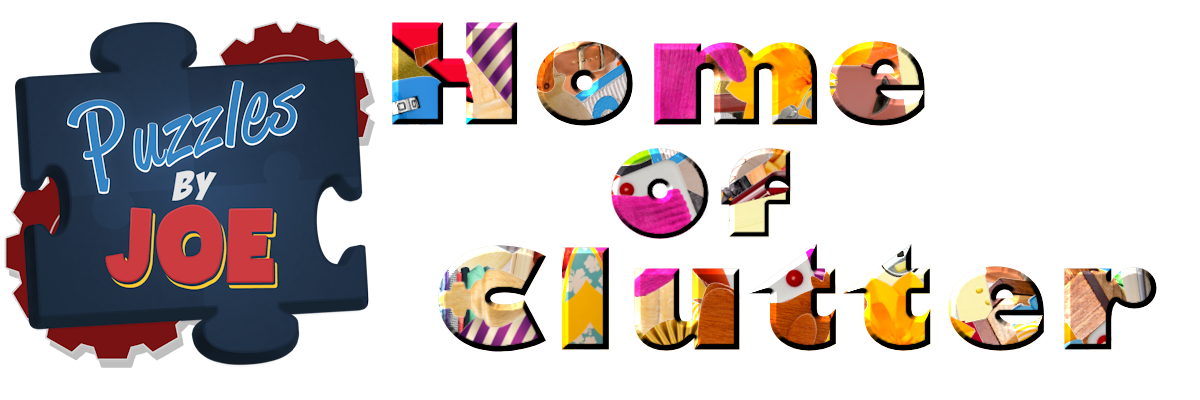Review of “Designing Games” by Tynan Sylvester
I only have one complaint about this book…it ended. I wanted the author, Tynan Sylvester to go on for at least another 200 pages. Hopefully, one day, he’ll write one just talking about all the true and weird stuff that goes on in the games industry.
This book is heads and tails above any “classic” game design book or manual. It’s the opposite of some of those ivory tower tomes written by those that don’t “do” but “teach”. It’s not a step-by-step manual about how to do good game design. It begins assuming you already have read the many books on those subjects. This is a book about game design in the real world. Instead of a chapter on brainstorming techniques like some books on game design would have you slog through, “Designing Games” says this about brainstorming: (in a chapter called “Knowledge Creation”) – After defining brainstorming as a semi-formal process designed to quickly produce a large number of ideas, he says – “Brainstorming is good for generating ideas in volume. It is very bad for refining ideas, and the ideas it produces vary widely in quality.”
Exactly 6 sentences are devoted to brainstorming. You may not agree and think that brainstorming requires much more discussion, but I loved that choice.
The highest compliment that I can give to this book is that it coherently explains exactly why I don’t want to work in an organization that creates games and prefer to create/design games on my own. It is exceptionally difficult to Create/Design games within any organization, but Tynan breaks it down every step of the way and gives many, many pointers of how to navigate the potential minefield of getting a “good” game done in a corporate environment. He makes the point more than once that the smaller teams are more likely to make great games. (and that’s why I’m still a team of one, even though I wouldn’t call my Clutter games “great” by any measure).
Basically, it felt like I was talking to an old colleague, who has been in the trenches with me at the various game companies I’ve worked for. The only difference is that Tynan has way bigger and better experiences than I have.
He even covers topics like Motivation, and how it can be affected by success.
The last third of the book is the best as it delves more into the “process” of creating a game as opposed to the “craft” part. He talks about what a developer has to do day in and day out to get a game done. He starts by telling us what “busy idiocy” is (basically solving the wrong problems that aren’t the real problems and the fake satisfaction of completing unimportant tasks (my words)) and then he sums it up nicely:
“In the short term, busy idiocy feels like raging genius.”
And that’s the best compliment I can leave Tynan with. He’s a true genius in a sea of raging ones. He can spot “poop and scoop” (buy the book/look it up) a mile away.
“Designing Games” is wisdom you won’t find anywhere else…and if you’ve been in the trenches of even a small game development team trying to get out “good” product, this book is for you. It’s your story and it will make you think about how you make your many choices in both Game Design, and just Game Creation a bit differently.
Thanks Tynan, I want that sequel.

2 Comments
Always good to see a book written by someone who has actually walked the walk (or at least done more than use a controller to make an avatar walk the walk). You said he talked about small teams being best. Did he talk much about how to ensure that developers work well within such a team? One of the problems I have seen destroy too many small teams is when one or two of the developers fail at working together.
Hey Andrew: He definitely talks about many things that can derail projects (with both big and small teams). One very, very interesting point is that specific extrinsic rewards are usually counter-productive because they don’t motivate individuals for the right things. I didn’t 100% agree with everything in the book…but it was clear, well written and had thought through a lot of stuff that I knew were problem areas (although I work as a team-of-one…just because good communication between any team members is difficult to achieve well).